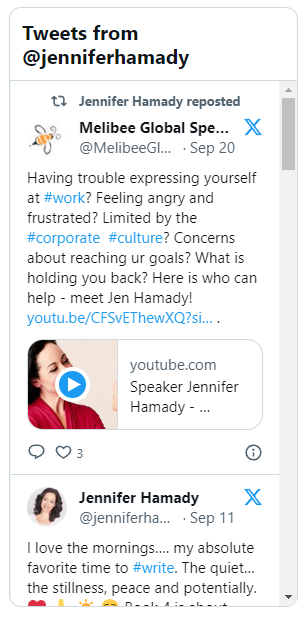I have been working with a singer with a beautiful voice. And a beautiful mind. Yet unfortunately, that mind has been working against her instrument. So have years of training that encouraged an intellectual and compartmentalized approach to all things vocal.
Support, engagement, projection, placement, and resonance swirl conceptually in her brain, without a direct and integrated connection to her body, voice, and understanding. Every note, even the anticipation of them, is therefore a push and pull; a hold and hesitation. C’s eyes are wide with worry rather than wonder. With uncertainty rather than trust.
To be clear, I don’t blame her previous teachers. We teach what we know. And language — the primary vehicle of communication and instruction — can only offer a two-dimensional description of a three-dimensional world of experience. It is our job as consumers to either do the translation work required to make what teachers are saying make sense to us — verifiable by vocal integration and outcome — or to find different ones.
Fortunately, C and I are getting there. Together, we’ve been unlearning what has been unhelpful, gently removing limiting thoughts and tensions, as well as encouraging her voice to engage in the integrated way it has always known, on its own, how to function.
From there, we build. And we’ll do so in the same way, gently and holistically. With the intellect, perfectionism, manhandling, and fear ushered out. And rushing in to fill that void, curiosity, observation, intuition and play.
If C’s story resonates with you, remember that you — and you alone — are your best teacher. In singing and in all things. Other people may have incredible amounts of knowledge to offer you. But it doesn’t become wisdom until you try it on, take it in, and make it your own.
And that can only happen when you lead with confidence. When you trust yourself and your instrument. And when you look at learning, and the student-teacher dynamic, as an exercise in partnership, rather than idolization.
Reach for knowledge — from any source — with your two feet planted firmly on the ground. Hold it in your hands and examine it objectively. If and when you’re ready, internalize and embody it. In your own way. On your own terms.
That is when knowledge becomes wisdom. Wisdom that flows through and comes alive in you. And then flows out of you. Through your voice. Into the world.

